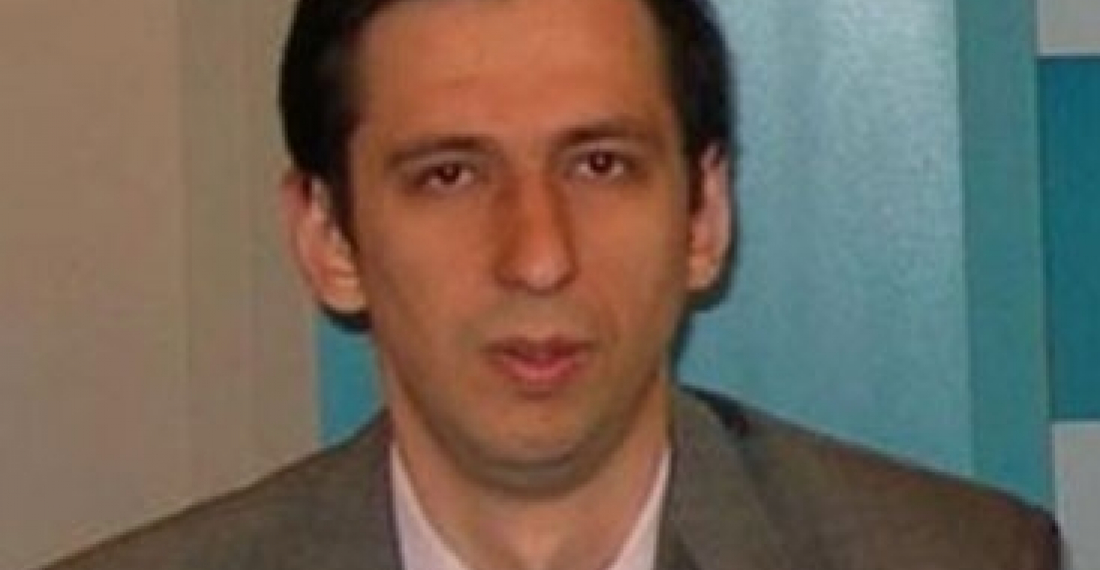О наличии европейского вектора во внешнеполитической составляющей Армении говорит довольно многое. Подобное мнение в интервью АрмИнфо выразил научный сотрудник Института политических и социальных исследований Черноморско-Каспийского региона, эксперт Центра изучения Центральной Азии и Кавказа ИВ РАН Андрей Арешев, оценивая перспективы вступления Армении в Евразийский союз на фоне наличия перспектив по интеграции Армении в Евросоюз.
"Брюссель выделяет определенные суммы на поддержку армянской демократии - разумеется, исключительно из моральных побуждений. Недавно на уровне ЕС, который является важным торгово-экономическим партнёром страны, было принято решение начать переговоры с Арменией о создании глубокой и всеобъемлющей зоны свободной торговли. Многие важные заявления были сделаны в ходе недавнего визита президента Армении в штаб-квартиры ведущих европейских организаций - визита, который, по мнению некоторых наблюдателей, был ориентирован на получение политической поддержки накануне парламентских выборов", - заметил он.
И всё же, по мнению Арешева, разговоры о скором вступлении Армении в Европейский Союз несколько оторваны от реальности. С экономической же точки зрения выгоды от гипотетического сближения с Брюсселем для Еревана, как, впрочем, и для других постсоветских республик, будут не столь велики, а вот военно-политические последствия могут оказаться весьма значительными. По его словам, стоит задаться вопросами, например, о том, какие армянские товары могут быть востребованы в Европе; каким образом присоединение к <цивилизованной семье европейских народов> скажется на различных отраслях национальной экономике, на состоянии в сфере безработицы и эмиграции, на уровне совокупного внешнего долга страны?
Геополитическая составляющая возможного движения в сторону евроинтеграции, по мнению эксперта, более понятна. Ни для кого не секрет, что рядом наблюдателей Европейский Союз рассматривается, прежде всего, как <предбанник> НАТО куда, в отличие от ЕС, входит Турция. Со всеми вытекающими последствиями, и отнюдь не только позитивными. Так что излишняя поспешность в этом отношении может сыграть с армянским обществом злую шутку. Что касается Евразийского экономического сообщества, то оно пока что только формируется, сталкиваясь с многочисленными проблемами, причём отнюдь не только экономического характера. "Таким образом, высказанное некоторыми армянскими СМИ предположение о том, что Россия якобы <начинает серьёзное давление> на Армению в этом вопросе, может восприниматься лишь в контексте его политизированной ангажированности. По моему мнению, на среднесрочную перспективу внешнеэкономическим приоритетом Армении останется поступательное развитие торгово-экономических связей с её ведущими партнёрами, в том числе с Россией и европейскими государствами на двусторонней основе", - подытожил Арешев.







